Apocalypse Now
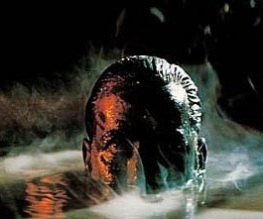
Based loosely on Joseph Conrad’s 1890 novella The Heart of Darkness and set during the Vietnam war, Apocalypse Now tells the story of Captain Willard (Sheen), a skilled and suitably inert US soldier with a murky history of ‘special ops’ activity. On the back of his impressive CV, Willard is recruited by US G-men to embark upon a clandestine mission up a snaking Vietnamese river to assassinate a rogue US colonel, Colonel Walter E. Kurtz (Brando). Army intelligence suggests that Kurtz has succumbed to a type of madness and, aided by local tribesmen, is conducting the war on his own terms from inside neighbouring Cambodia. Accompanying Willard on his mission, although kept unaware of its exact nature, is the (unlikely) crew of a US Navy patrol boat; a surfer from LA, a saucier from New Orleans, a naive youth from the Bronx and their by-the-book captain.
[FLOWPLAYER=http://uk.image-1.filmtrailer.com/72758.jpg|http://uk.clip-1.filmtrailer.com/7335_22737_a_4.flv,275,180]
Coppola is on record as saying Apocalypse Now is, apart from anything else, intended to be a big-budget crowd pleaser, and although a far cry from anything resembling a traditional action film, in terms of action and spectacle it does not disappoint. In fact before Willard’s mission can even begin a clear route to the river must be secured, resulting in a bloody and chaotic aerial assault on a Vietcong stronghold. Set to the rousing score of Wagner’s ‘Ride of the Valkeries’, it’s a sequence which is epic in scale and as grand any opera. However, stirring as they might be it should go without saying these scenes of military might are deeply satirical – ironically echoing D.W. Griffith’s contentious (and entirely unironic) appropriation of the same Wagner piece some 60 years prior.

The themes of bloody conflict and satire feature throughout, but the ongoing war and the politics that surrounds it are pushed further into the background as Willard makes his journey deeper into Vietnam. Along the way he is confronted with a series of increasingly surreal scenes as the supposed order of things and the ‘civilised’ world gradually cede to the primal chaos. Among these are scenes of massacre and, perversely, lust – but perhaps most memorable, and disorientating, is Willard’s arrival at the Do Long bridge, the final US outpost along the river. Described by its grudging denizens as the ‘asshole of the world’ it’s a hellish place where any sense order has long been abandoned. Bombs drop, fires rage, soldiers shoot their rifles into the abyss, taunted by unseen enemies, and an unexplained soundtrack of discordant circus music mixed with scrambled FM radio signals only serves to thicken the feverish delirium.
The sequence at Do Long bridge is, in a way, characteristic of Apocalypse Now as an incredibly accomplished, polished and perfectly executed piece of cinema. However along-side the complex, meticulously choreographed action sequences, Sheen’s omnipresent poetic narration and the smartly scripted dialogue there are other shining moments – moments that lack a rigid structure and bring something further still to the film. It is, in fact, with one of these moments with which the film begins – forgoing the traditional formalities of opening credits, we are thrust straight into Willard’s Saigon hotel room as he, suffering some kind of introspective torment, staggers around before smashing a mirror and collapsing into a babbling, bloody and incoherent mess. Apparently spontaneous, this scene was to foreshadow Sheen’s actual physical breakdown and eventual heart attack. Less dramatic but equally unsettling is the ad libbed final confrontations between Sheen and Brando, accompanied with the very real sacrificial killing of a caribou this sequence, again, strikes an unsettling balance between the real and surreal.

Coppola prefaced the premiere of his film with the now infamous quote “My film is not a movie. My film is not about Vietnam; it is Vietnam”. Hyperbole perhaps, but in this sentiment lies a great deal of truth – Apocalypse Now, if it is a film, is one charged with a certain authenticity. And this is, perhaps, what makes it so affecting. Below the swamp of surreal, hallucinatory imagery is a perceptible undercurrent of realism, one that makes the nightmare all the more believable.
Apocalypse Now is a true classic. An immersive, engrossing and disturbing masterpiece – it goes beyond simply being an indictment of the Vietnam war, or even war in general, and instead offers us a glimpse into the murky depths of the human consciousness, towards the dark potential of the human soul. Not one to be missed.

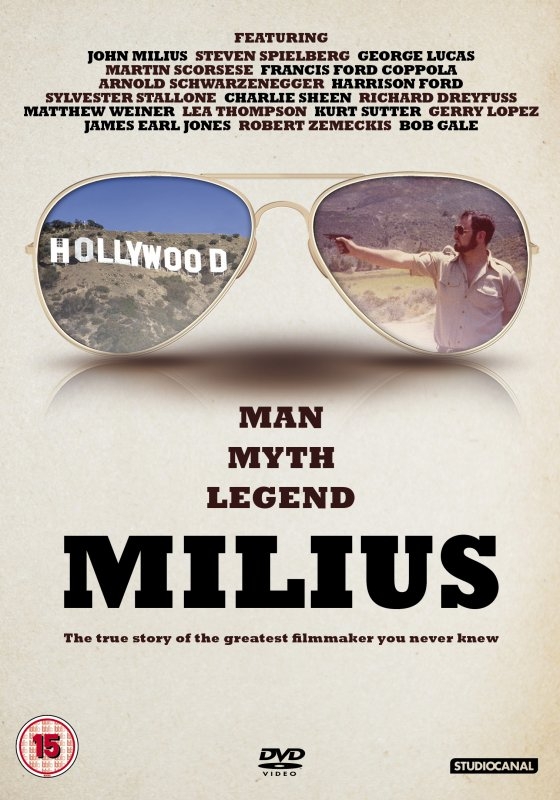
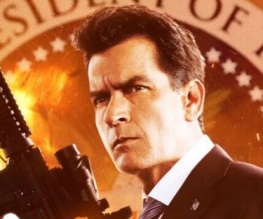
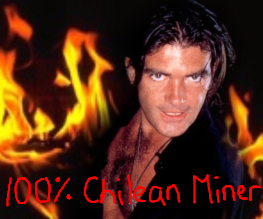
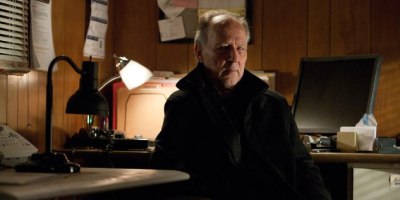
Recent Comments